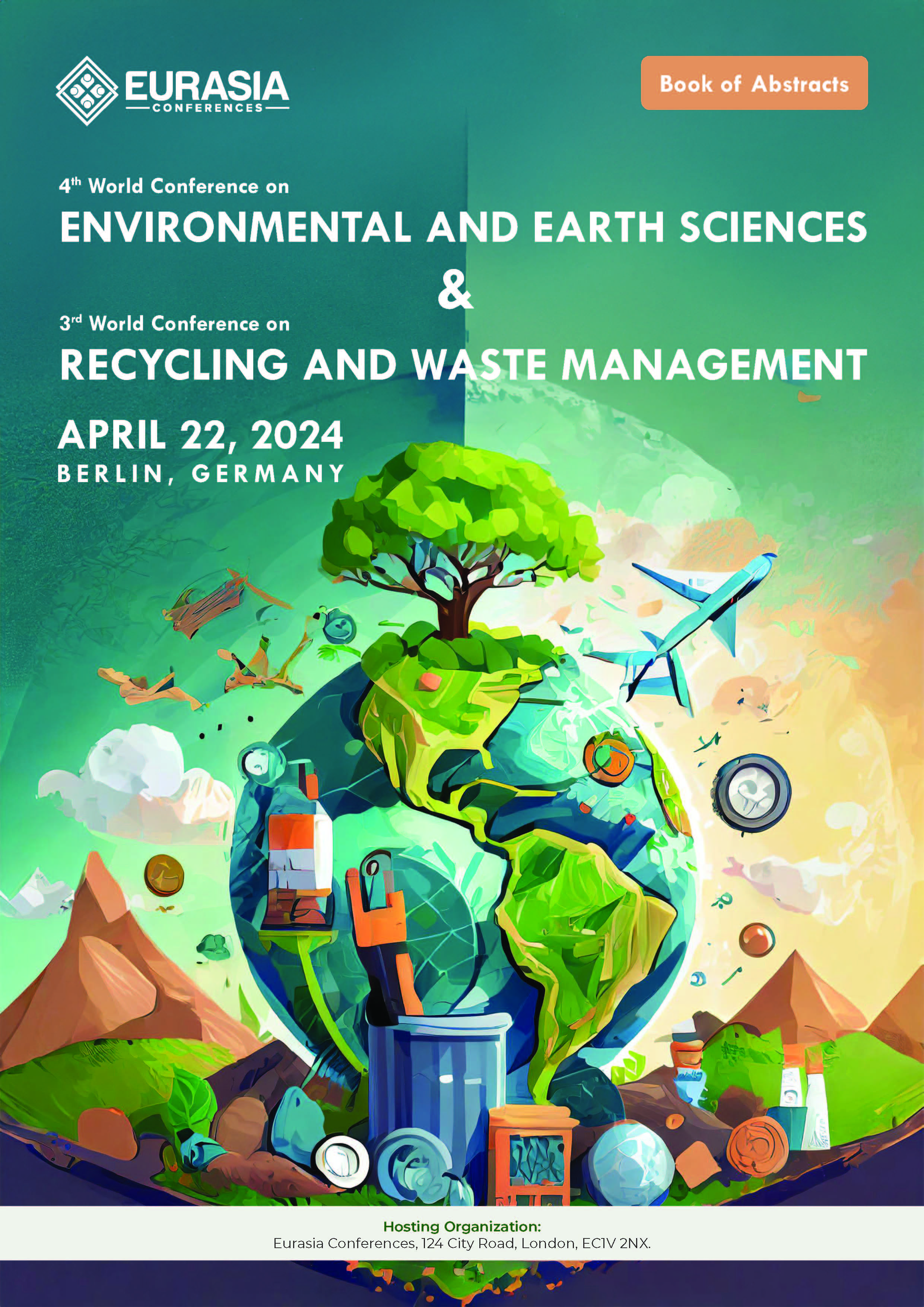
Asha Sahu
At ICAR-IISS, Bhopal, India, the development of microbial consortia, consisting of bacteria, fungi and actinomycetes, has played a crucial role in evaluating compost quality. This evaluation involves monitoring various maturity parameters such as C/N ratio, L/C ratio, CEC/TOC ratio, etc. Remarkably, thermophilic microbes have accelerated the decomposition process, even at temperatures ranging from 50 to 60°C.
Observations revealed that maturity parameters were achieved at different intervals: vegetable waste compost reached maturity in 20 days, followed by kitchen waste (25 days), horticultural waste (35 days), and farm waste compost (45 days) within composters. The HA/FA ratio peaked in kitchen waste compost, followed by vegetable waste compost. Additionally, the degree of polymerization showed an initial increase with higher bio-inoculum at 7 days, followed by a reduced polymerization rate. Notably, inoculated compost exhibited a relatively greater polymerization rate compared to the uninoculated control.
Loss rate kinetics studies indicated a notably increased loss rate (K) of about 1.36 to 2-fold in kitchen, vegetable, and horticultural waste compost compared to crop residue compost. Moreover, vegetable waste compost showed the highest potential loss percentage at 85.68%. Consequently, quality compost suitable for field application was attainable within 25-45 days.
Field studies underscored the significant impact of enriched compost application on augmenting crop productivity compared to both the recommended fertilizer dose (RDF) and control, indicating promising results for agricultural enhancement.
Keywords: Quality Compost, Decomposition rate, Compost Maturity, Humification, Polymerization